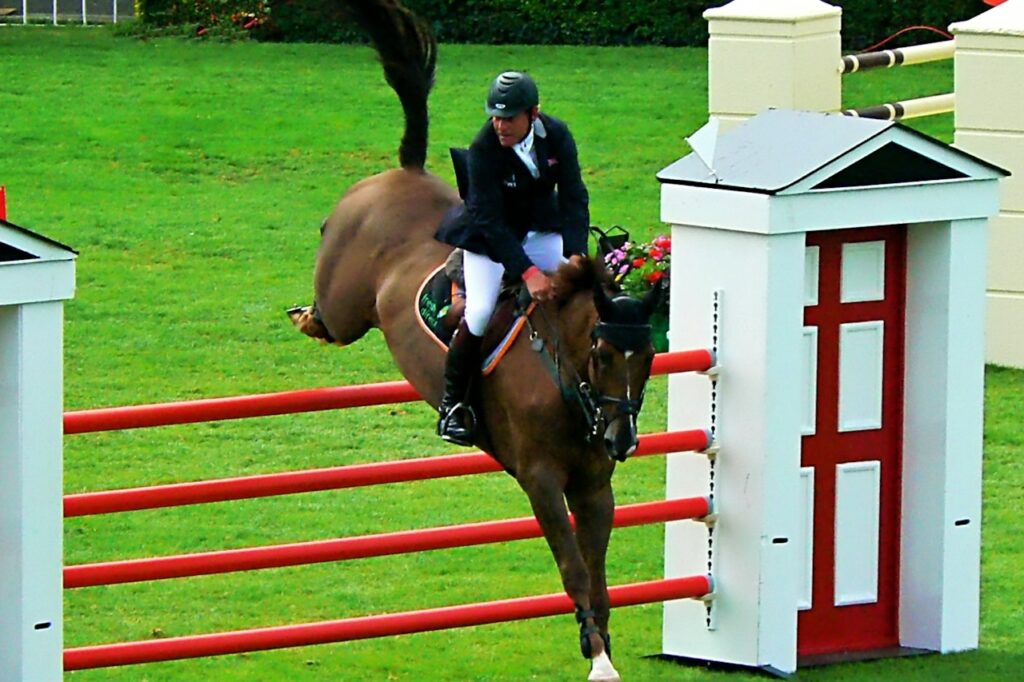
Competing in the show ring often means hitting the road—sometimes for hours, even days. While horses are remarkably adaptable, travel can take a toll on their physical and mental health if not handled properly. From hydration issues to stress and fatigue, there are several challenges to address when preparing your show horse for a successful trip.
Whether you’re heading to a weekend schooling show or a national competition, here’s how to keep your show horse in peak condition on the road.
1. Pre-Trip Prep: Set the Stage for a Smooth Journey
The foundation for safe and healthy travel begins long before your horse steps on the trailer. A few days ahead of time:
- Check vaccinations and health papers. Ensure all Coggins tests and travel documents are current—especially for interstate or out-of-state travel.
- Schedule a vet check if needed. If your horse has any recent injuries, colic symptoms, or changes in behavior, consult your vet before traveling.
- Pack smart. Include your horse’s feed, hay, supplements, water from home, first aid supplies, grooming kit, and any medications or treatments.
Tip: Bring a copy of your horse’s medical records, just in case an emergency vet visit is needed on the road.
2. Trailer Safety and Comfort
Transporting your horse safely is priority #1. The trailer should be:
- Well-ventilated and clean
- Checked for sharp edges, loose bolts, or rotting flooring
- Large enough for your horse to comfortably balance and lower their head to clear airways
Use leg wraps or shipping boots for added protection, and consider a light sheet if temperatures will fluctuate. Also, make sure your horse is comfortable loading and unloading—rushed or stressful handling can spike anxiety and cause injuries.
3. Hydration and Nutrition on the Road
One of the biggest travel risks is dehydration. Horses often drink less in unfamiliar environments or when stressed, which can lead to colic or impaction.
- Offer water every 3–4 hours during travel.
- Bring familiar water from home or use flavored electrolytes if your horse is picky.
- Feed hay during the trip to keep digestion moving and stress down.
Avoid drastic changes to your horse’s feed before, during, or right after travel. Stick to their normal schedule as closely as possible.
4. Managing Stress and Fatigue
Travel can be mentally and physically tiring for horses. Some common signs of travel stress include:
- Restlessness or pawing in the trailer
- Loss of appetite
- Loose manure or mild colic symptoms
- Excessive sweating or dull coat
To reduce stress:
- Keep the trailer ride smooth and calm.
- Use calming supplements only if approved by your vet.
- Plan layovers for long trips to allow horses to unload, stretch, and rest.
Once at your destination, give your horse ample time to acclimate to the new environment before asking for top performance in the ring.
5. Post-Arrival Recovery and Routine
When you arrive at the showgrounds:
- Offer water immediately.
- Walk your horse to stretch their legs and settle nerves.
- Check vital signs (temperature, pulse, respiration) if anything seems off.
- Keep turnout or light exercise in your routine, if available.
Stick to familiar grooming and feeding routines to provide a sense of normalcy. The more predictable their environment feels, the quicker they’ll bounce back from travel fatigue.
6. After the Show: Don’t Skip the Recovery Phase
Once the competition is over, your horse still needs care and attention on the way home. After unloading:
- Check for signs of stiffness, soreness, or dehydration.
- Give them a day or two of light work or turnout to loosen up.
- Monitor appetite and digestion to catch any delayed stress responses.
If they seem unusually tired, grumpy, or off in movement, a vet check might be warranted.
Final Thoughts: A Healthy Traveler Is a Confident Competitor
Show travel doesn’t have to be stressful for your horse—or for you. With good preparation, routine care, and close monitoring, your horse can arrive fresh, focused, and ready to shine in the ring.
After all, championships aren’t just won in the arena—they’re earned in the details that happen behind the scenes.

